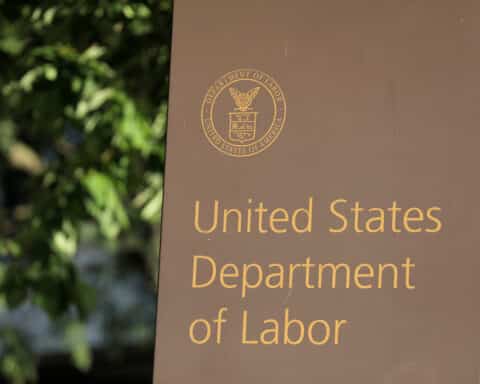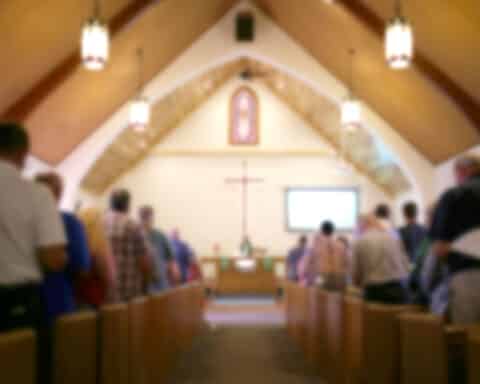Question: I recently learned that work on Sundays is a sin and can be a mortal sin. I work as a nurse at a Catholic nursing home working the night shift from 11 p.m.-7 a.m. My schedule has me work every other weekend. When I arrive for work Saturday night, most of my shift happens after midnight on Sunday. Sunday obligation Mass is attended just fine. Am I sinning each time I am on the clock when it is still Sunday, and is this a venial or mortal sin?
— Name withheld, New York
Answer: While working on Sunday, and more seriously, skipping Mass are sins, there are circumstances that either lessen one’s guilt or set it aside entirely. This is especially the case today when it comes to working on Sunday. There are many people, such as yourself, who do not have opportunities to avoid working on Sundays. There are some professions, such as those in the medical world, that cannot leave patients alone. Hence, staffing those positions requires round-the-clock coverage. The same is true for first responders and other necessary work such as at utility plants that supply us water, electricity and so forth.
To the degree possible, you can seek to have Sundays off, but as you note, there is often a necessity for all employees to share the load of less popular shifts. Nevertheless, you do well to indicate to your supervisors your concern about Sunday in order to observe the Third Commandment. If this cannot be reasonably accommodated, you have done your part and do not incur blame when you must work on Sunday. Further, you are not required to quit a job over this matter since employment intersects with our other duties to work and support a family. It would be blameworthy to intentionally seek to work on Sundays if it can be avoided.
Learning from the Catechism
The Catechism of the Catholic Church gives the reason for the day of rest: “God’s action is the model for human action. If God ‘rested and was refreshed’ on the seventh day, man too ought to ‘rest’ and should let others, especially the poor, ‘be refreshed.’ The sabbath brings everyday work to a halt and provides a respite. It is a day of protest against the servitude of work and the worship of money. … Sunday fulfills the spiritual truth of the Jewish sabbath and announces man’s eternal rest in God. For worship under the Law prepared for the mystery of Christ, and what was done there prefigured some aspects of Christ” (Nos. 2172, 2175).
We can note, therefore, that we are summoned to three things: the imitation of God, refreshment for workers (especially the poor who often must work longer hours and in wearying labor), and avoiding the worship of money. For these reasons, the Catechism says: “On Sundays and other holy days of obligation, the faithful are to refrain from engaging in work or activities that hinder the worship owed to God. … [Further, they should seek to engage in] the performance of the works of mercy, and the appropriate relaxation of mind and body. Family needs or important social service can legitimately excuse from the obligation of Sunday rest. The faithful should see to it that legitimate excuses do not lead to habits prejudicial to religion, family life, and health. … Sunday is a time for reflection, silence, cultivation of the mind, and meditation which furthers the growth of the Christian interior life” (Nos. 2185, 2186).
All this said, it is clear today that in the United States, many nonessential businesses are now open on Sundays whereas they were closed prior to the 1970s. We have become a very secular culture, and even many religious believers think little of non-essential shopping and dining out on Sunday. To some degree, our demand for convenience pressures businesses to be open and places extra burdens on the poor and the young to work on Sundays. It is true that economies are complex realities and American culture is diverse, but we used to work this out and largely set Sundays aside for most Christian believers while accommodating Jewish and Muslim duties as well. Truth be told, Sunday is now a big shopping day not only because we live in more secular times, but also because too many Christians have been silent and seem to quite like the convenience of shopping and making money more than observing the Third Commandment. Clergy, too, have remained largely silent as the capacity to observe the Third Commandment eroded before our very eyes.





